
28
Apr
How to calculate the price difference between bulk cargo and full container load for freight forward
**Freight Forwarding to Kenya: Calculating the Price Difference between LCL and FCL Shipments**
When exporting goods to Kenya, freight forwarders handle the shipping process, which involves moving goods from the origin to the final destination. The cost of shipping depends on several factors, including the type of goods, volume, and whether the shipment is consolidated (LCL, Less than Container Load) or full container load (FCL). The price difference between LCL and FCL reflects the costs associated with handling and space utilization in a container.
In LCL shipments, multiple shippers' goods are consolidated into a single container. This results in cost-sharing but may involve additional handling charges due to multiple unloading and loading operations at various points along the shipping route. LCL costs are typically based on the cargo volume or weight, along with additional charges for handling, loading, and unloading.
On the other hand, FCL shipments involve the entire container being filled by a single shipper, offering more control over the shipping process and fewer handling risks. The cost of an FCL shipment is typically based on the container size rented and the distance traveled, without additional handling charges as in LCL.
To calculate the price difference between LCL and FCL for a specific shipment to Kenya, you need to consider the following factors:
1. Determine the volume and weight of your shipment.
2. Inquire about LCL and FCL rates for your specific origin to Kenya route. These rates may vary depending on the season, carrier, and other factors.
3. Calculate the handling charges associated with LCL shipments based on factors like number of times cargo is handled during transit and at destination port.
4. Determine the fixed cost of an FCL shipment based on container size and distance covered.
5. Compare both costs and calculate the difference based on your specific shipment details.
In addition to these costs, there may be other factors like insurance, documentation fees, customs clearance charges, etc., which need to be considered while calculating the final cost of shipping.
Ultimately, the choice between LCL and FCL depends on factors like volume of goods, budget, time constraints, and individual business requirements. A freight forwarder can help you assess your needs and provide cost-effective shipping solutions tailored to your specific export requirements to Kenya.
When exporting goods to Kenya, freight forwarders handle the shipping process, which involves moving goods from the origin to the final destination. The cost of shipping depends on several factors, including the type of goods, volume, and whether the shipment is consolidated (LCL, Less than Container Load) or full container load (FCL). The price difference between LCL and FCL reflects the costs associated with handling and space utilization in a container.
In LCL shipments, multiple shippers' goods are consolidated into a single container. This results in cost-sharing but may involve additional handling charges due to multiple unloading and loading operations at various points along the shipping route. LCL costs are typically based on the cargo volume or weight, along with additional charges for handling, loading, and unloading.
On the other hand, FCL shipments involve the entire container being filled by a single shipper, offering more control over the shipping process and fewer handling risks. The cost of an FCL shipment is typically based on the container size rented and the distance traveled, without additional handling charges as in LCL.
To calculate the price difference between LCL and FCL for a specific shipment to Kenya, you need to consider the following factors:
1. Determine the volume and weight of your shipment.
2. Inquire about LCL and FCL rates for your specific origin to Kenya route. These rates may vary depending on the season, carrier, and other factors.
3. Calculate the handling charges associated with LCL shipments based on factors like number of times cargo is handled during transit and at destination port.
4. Determine the fixed cost of an FCL shipment based on container size and distance covered.
5. Compare both costs and calculate the difference based on your specific shipment details.
In addition to these costs, there may be other factors like insurance, documentation fees, customs clearance charges, etc., which need to be considered while calculating the final cost of shipping.
Ultimately, the choice between LCL and FCL depends on factors like volume of goods, budget, time constraints, and individual business requirements. A freight forwarder can help you assess your needs and provide cost-effective shipping solutions tailored to your specific export requirements to Kenya.
LEAVE YOUR COMMENT
categories
recentpost
-
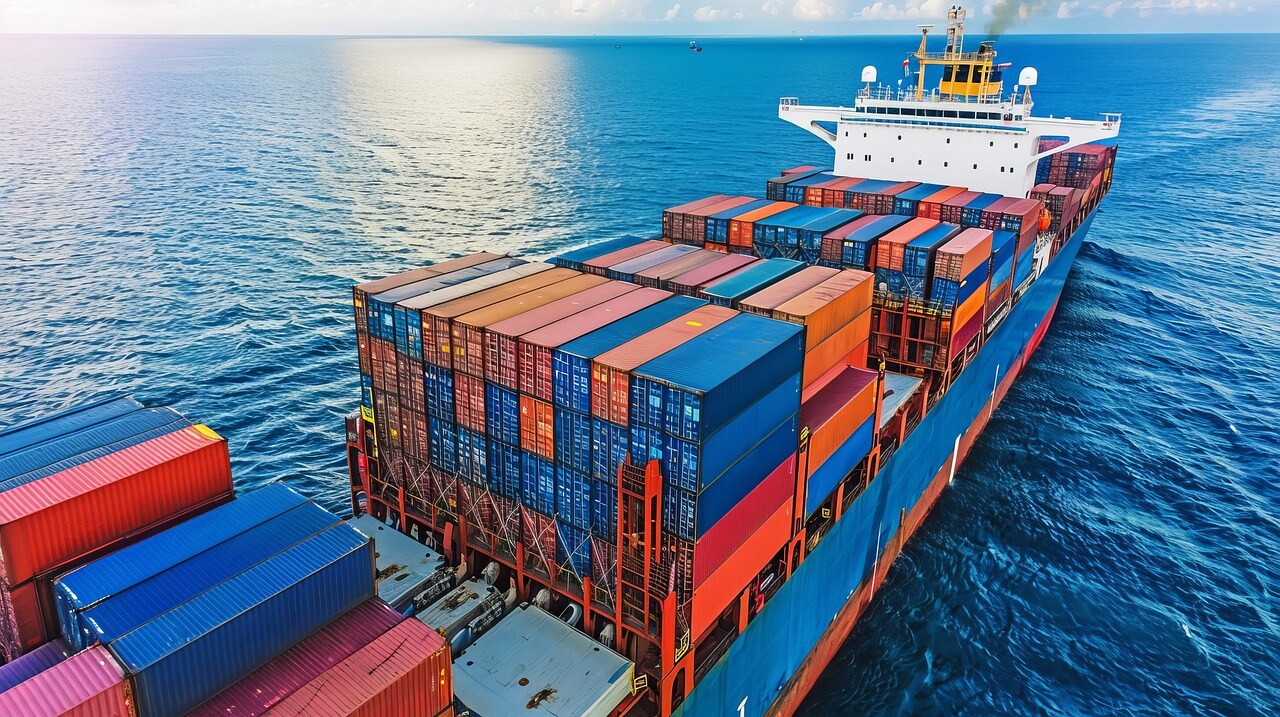 How can freight forwarders achieve efficient logistics and shipping from China to Tanzania?Apr 30,2025
How can freight forwarders achieve efficient logistics and shipping from China to Tanzania?Apr 30,2025 -
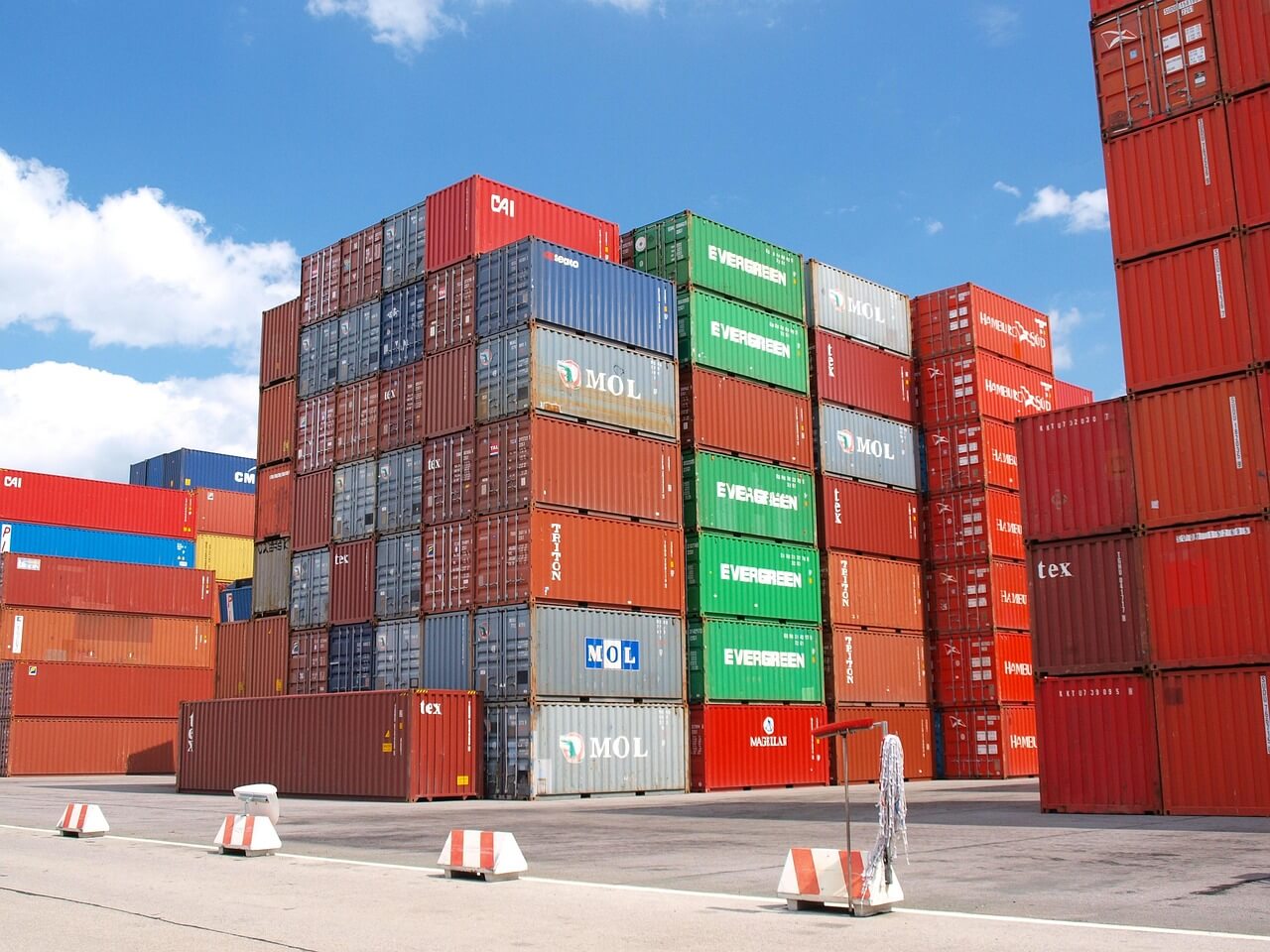 What are the guarantee measures for transportation and transaction services from China to the UnitedApr 30,2025
What are the guarantee measures for transportation and transaction services from China to the UnitedApr 30,2025 -
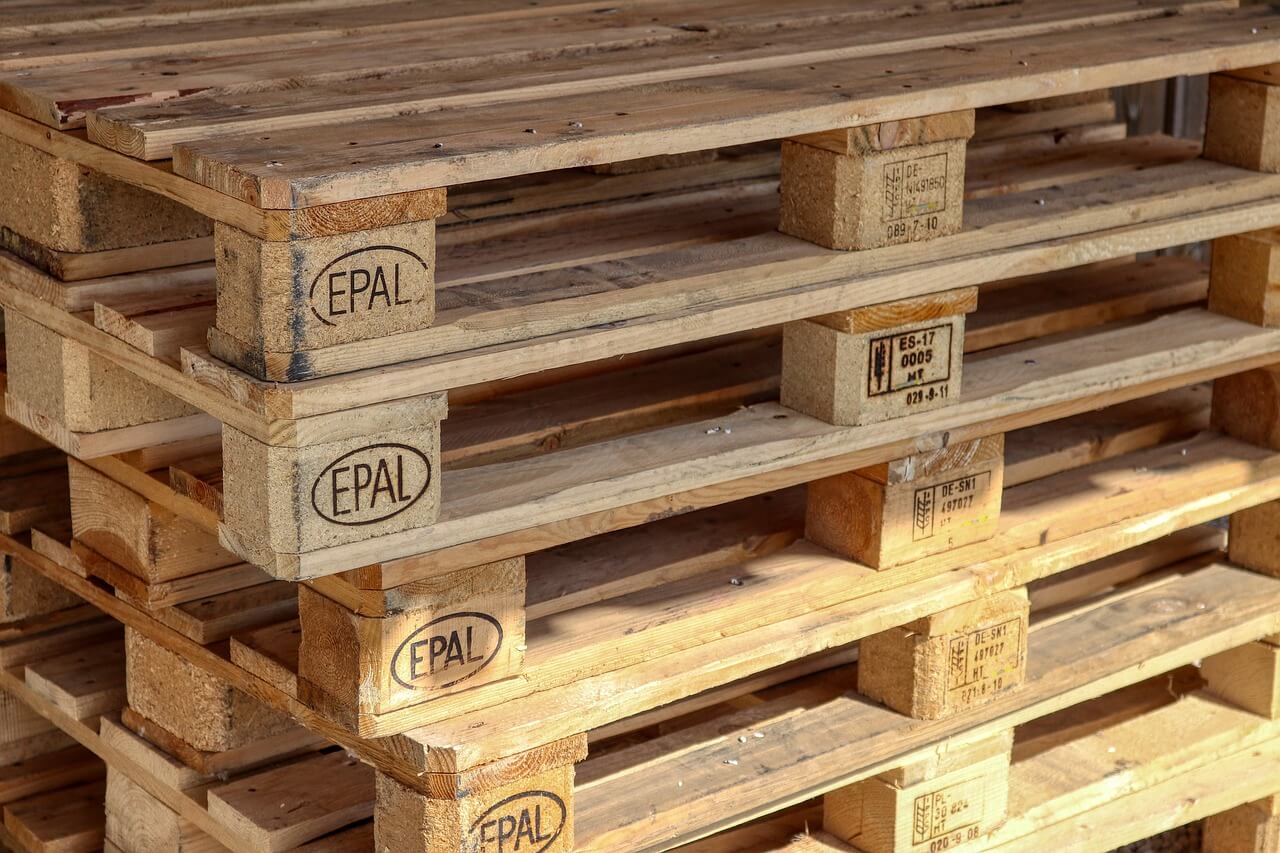 How is the international freight delivery service for transporting goods to Saudi Arabia?Apr 30,2025
How is the international freight delivery service for transporting goods to Saudi Arabia?Apr 30,2025 -
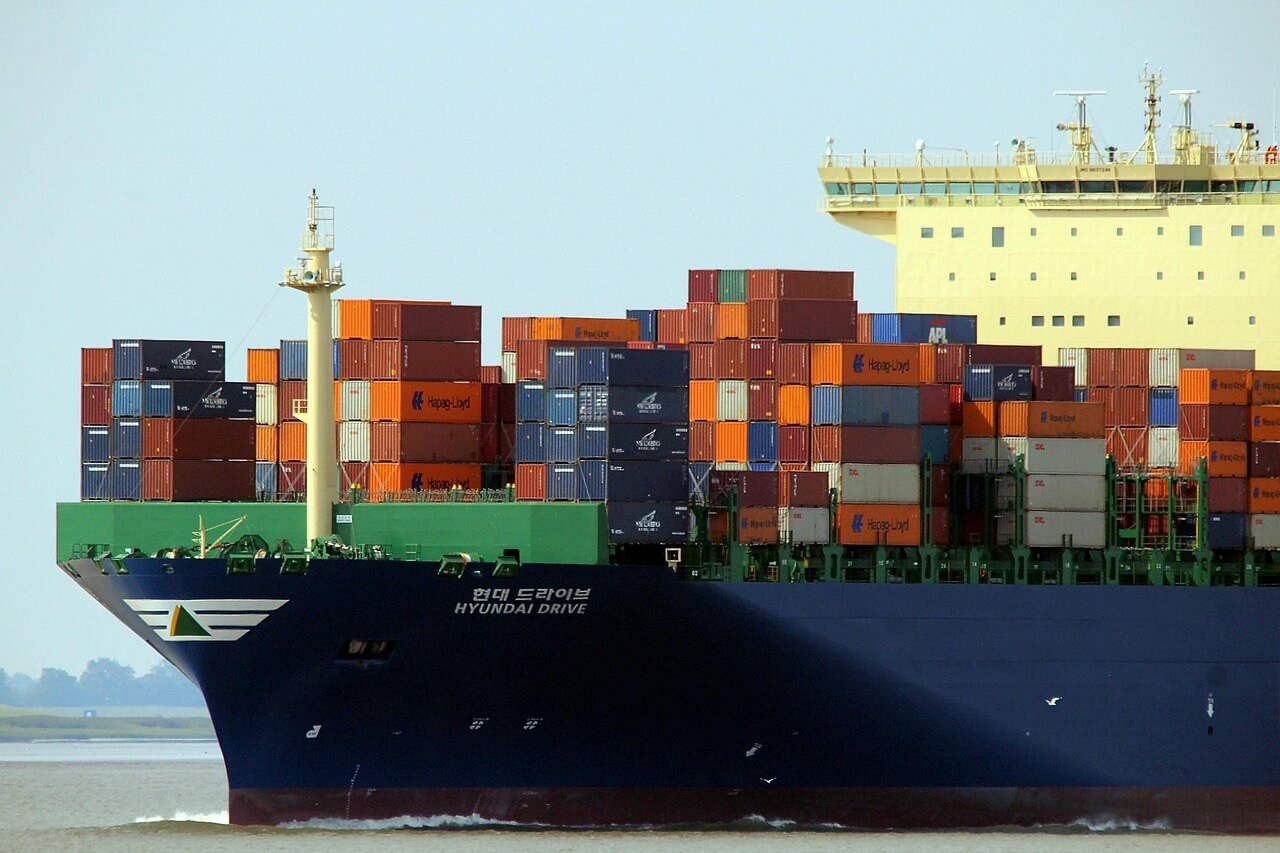 What is the delivery time for international freight from China to Kenya?Apr 30,2025
What is the delivery time for international freight from China to Kenya?Apr 30,2025 -
 What is the customs clearance process for global land transportation from China to the United Arab EApr 30,2025
What is the customs clearance process for global land transportation from China to the United Arab EApr 30,2025 -
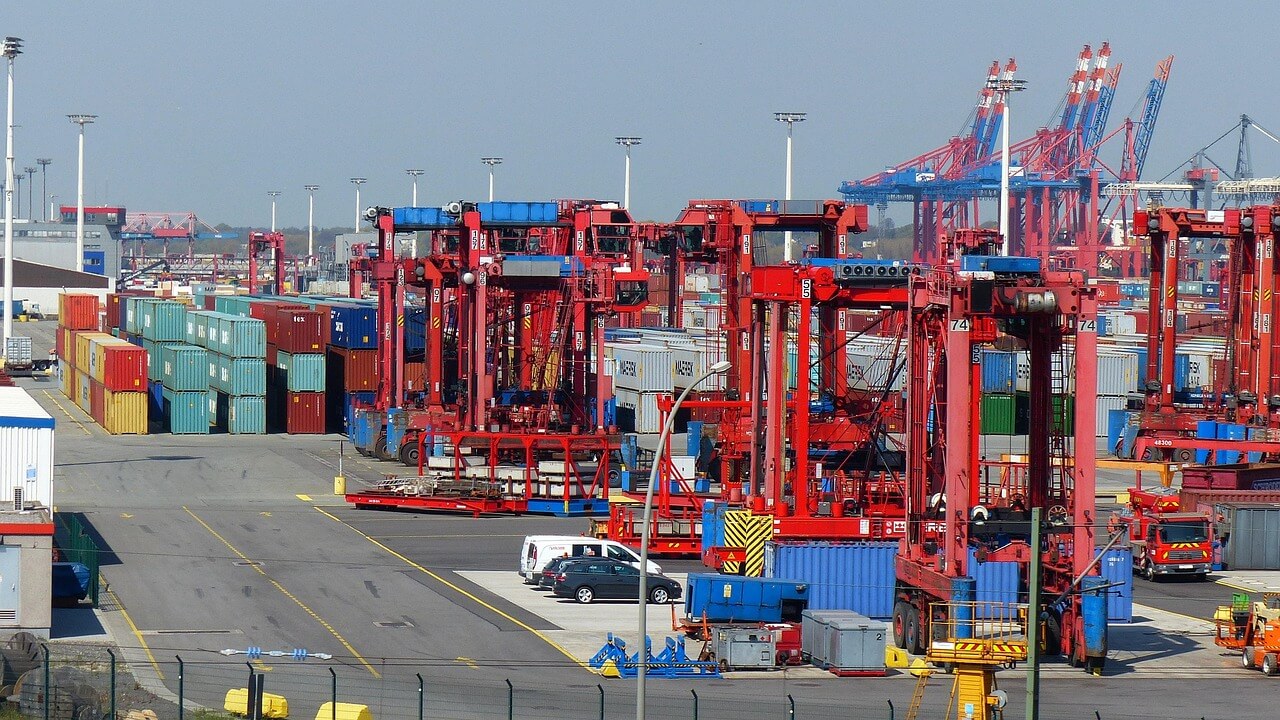 Shipping Guide from China to Qatar: How to Calculate LCL Shipping Cost?Apr 30,2025
Shipping Guide from China to Qatar: How to Calculate LCL Shipping Cost?Apr 30,2025

